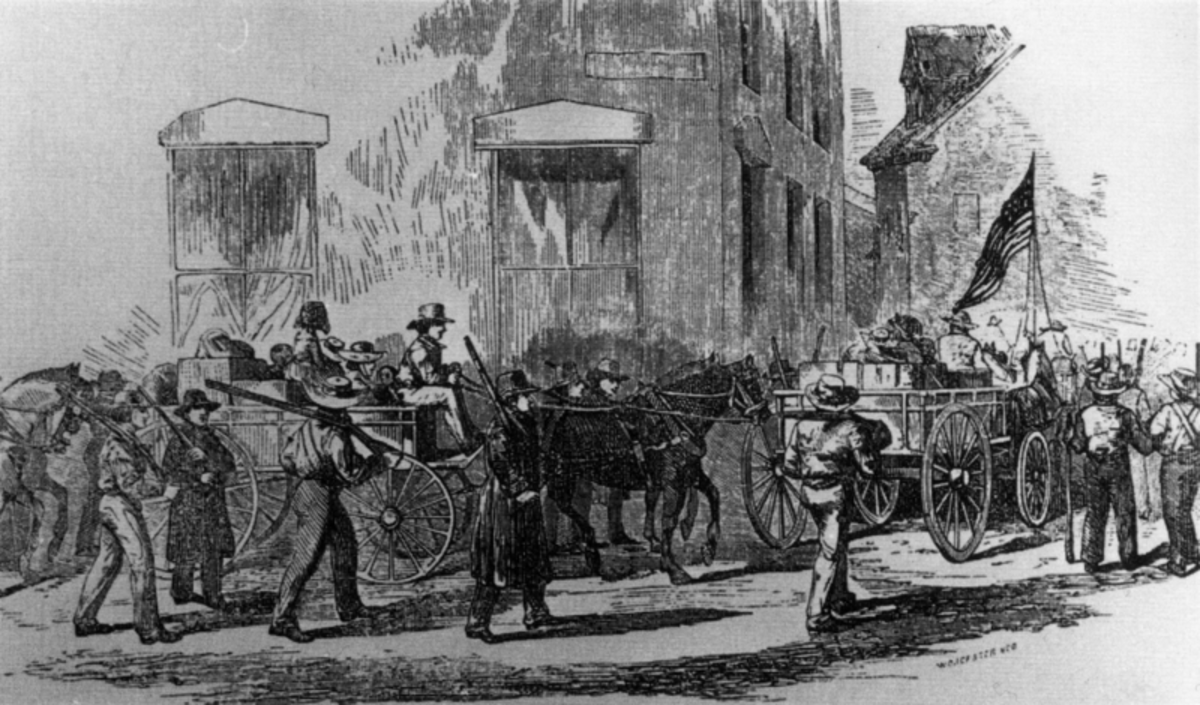Path to Citizenship of Illegal Immigrants
Path to citizenship of illegal immigrants
United States of America’s immigration system is severely broken. Numerous people illegitimately across borders and many people are also denied who are capable of inventing new technologies, generate job opportunities, and consequently boost the economy (Samson, 2015). The greatest challenge to the immigration reform is how to handle eleven million undocumented individuals who survive in the darkness, apprehension deportation every day, the majority of them working hard to earn and get an appropriate chance at the American Dream. The status quo is untenable (Stimpson, Wilson & Su, 2013). Devoid of proper reform, United States immigration regulations intimidate to rip apart families and compel the government to expend valuable wherewithal to deport millions. Devoid of real change, the regular eleven million undocumented citizens will keep on to live in indecision and trepidation (Melo, Colson & Ramirez, 2014). The huge majority of the undocumented citizens yearn to attain the right by the law, but there is no possible pathway for them to do so. The paper will discuss whether illegal immigrants ought to be offered a path to citizenship.
The way to nationality entails permitting undocumented immigrants to attain citizens through a procedure that might include extra needs to the naturalization process for the recognized refugees (Aptekar, 2015). Recognition of immigrants implies that they would be entitled to obtain government remuneration such as joblessness insurance coupled with social security (Melo, Colson & Ramirez, 2014). They would also be allowed to vote. Moreover, the immigrants would be qualified for the special immigration rights like being capable of inviting their family into the country, and in case they commit any crime, they cannot be extradited to their old countries.
The first reason why immigrants ought to be offer path to citizenship in the United States is that they pay most they earn and do not affect the economy adversely. Most of the citizens argue that illegal immigrants are the greatest benefits to their economy, thus spending extra funds on their deportation will result in massive waste (Stimpson, Wilson & Su, 2013). Presently, approximately eleven million unlawful immigrants are dwelling within the United States. Thus, it is impractical and cruel to deport these people from their current families and dwells within the United States. These immigrants ought to be provided a path to the authorized condition and finally receive citizenship. Moreover, this track to attaining citizenship ought to be realistic at the expense of placing burdensome that will ultimately hamper integration (Melo, Colson & Ramirez, 2014). Moreover, permitting illegal immigrants to legalize their underlying status will not solely reinforce the United States’ national security but also encourage the prevailing economy and consequently promote America’s vibrant, vivacious, and different culture.
Secondly, the proper condition would aid in boosting the economy. Nevertheless, the resulting productivity and salary gains would be relatively is much higher in case the huge majority of the unlawful population is given citizenship. Moreover, it will result in approximately $832 billion to the current economy by adding more than 120, 000 jobs annually (Melo, Colson & Ramirez, 2014). The comparison of scenario about the status where illegal immigrants are given citizenship simultaneously, the United States GDP will develop by approximately $1.4 billion, create over 200, 000 additional jobs annually and generate over $184 billion regarding the tax revenue in the next decade. Conversely, illegal immigrants if given legal status and correspondingly citizenship in a period of five years, the underlying GDP would increase by over $1.1 billion with new 160,000 job creation annually coupled with an additional $144 billion regarding tax revenue to the government (Wright, Levy & Citrin, 2016).
Thirdly, legal status to attaining citizenship for the unlawful will ultimately result in significant economic gains in the form of developments, tax revenues and employment cannot be accomplished in the nonexistence of the immigration reorganization that mainly aims at creating an enduring sub-citizen division of inhabitants (Samson, 2015). Thus, the sooner the illegal immigrants are offered legal positions, and consequently, citizenship the greater the underlying economic advantages are for the United States. Moreover, there exists a massive populace serving years in the federal prison due to the offense of unlawful immigration, which is perpetually wasting more funds that result in further wastage of resources (Wright, Levy & Citrin, 2016).
Conversely, certain people fiercely oppose granting illegal immigrants citizenship. Illegal immigrants typically enter the United States illegitimately and ought to have taken a relatively harder citizenship examination than the other people who live in the country legally (Samson, 2015). Most of the unlawful immigrants are usually Mexicans and Cubans who are engaged in drug dealing. Moreover, taxpayers are the people who cater to the cost whenever they are imprisoned for their crimes. Unlawful immigrants themselves are contravening the law, and they are considered criminals. By crossing the United States border and consequently into the country does imply that they ought to escape trial (Stimpson, Wilson & Su, 2013). They are considered to be indirectly stealing from the United States and they ought not to be excused just because the criminal acts are overtaken by events. Unlawful immigrants are indirectly taking away from the common American dream of active hard and living a decent life about the law enduring people, which is seen to be preposterous regarding the law.
Secondly, illegal immigrants are commonly perceived to be extremely arrogant and believe that the existing immigration regulations are not applicable to them (Samson, 2015). Moreover, they are seen to be stealing the underlying chance of the productive life to the majority of the citizens all-inclusive such as living within America (Melo, Colson & Ramirez, 2014). Newly legalized unlawful immigrants will be capable of possessing children who consequently become regular America citizenship enjoying the privileges’. Moreover, children of the immigrants are deemed to become anchors for the prospects of citizenship applications from their birth parents. Moreover, these privileges’ will not accrue to the people who remain within their respective nations while striving to enter the United States legally (Stimpson, Wilson & Su, 2013).
As depicted in the above discussion, allowing the illegal immigrants to attain legal status and ultimately citizenship has myriad merits than disadvantages. Allowing the undocumented immigrant to achieve citizenship will enable the United States to get more income as the majority of the illegal immigrants work for various companies in the country and pay taxes that assist in developing the entire economy. Moreover, legalization of the undocumented immigrants will result to increase in more job opportunities in the next decade that will consequently lead to the growth of the GDP and tax revenues of the United States.
References
Aptekar, S. (2015). The road to citizenship: what naturalization means for immigrants and the United States. Rutgers University Press.
Bloemraad, I. (2015). Theorizing and analyzing citizenship in multicultural societies. The Sociological Quarterly, 56(4), 591-606.
Cebulko, K. (2014). Documented, undocumented, and liminally legal: Legal status during the transition to adulthood for 1.5-generation Brazilian immigrants. The Sociological Quarterly, 55(1), 143-167.
Jones, R. P., Cox, D., Navarro-Rivera, J., Dionne, E. J., & Galston, W. A. (2013). Citizenship, Values, & Cultural Concerns: What Americans Want From Immigration Reform. Citizenship, Values, & Cultural Concerns: What Americans Want From Immigration Reform.
Melo, G., Colson, G., & Ramirez, O. A. (2014). Hispanic American Opinions toward Immigration and Immigration Policy Reform Proposals. Applied Economic Perspectives & Policy, 36(4).
Samson, F. L. (2015). Asian American attitudes towards a US citizenship path for illegal immigrants: Immigration reform as racialised politics. Journal of Ethnic and Migration Studies, 41(1), 117-137.
Stimpson, J. P., Wilson, F. A., & Su, D. (2013). Unauthorized immigrants spend less than other immigrants and US natives on health care. Health Affairs, 32(7), 1313-1318.
Wright, M., Levy, M., & Citrin, J. (2016). Public attitudes toward immigration policy across the legal/illegal divide: The role of categorical and attribute-based decision-making. Political Behavior, 38(1), 229-253.
This content is accurate and true to the best of the author’s knowledge and is not meant to substitute for formal and individualized advice from a qualified professional.
© 2020 Michael Omolo








